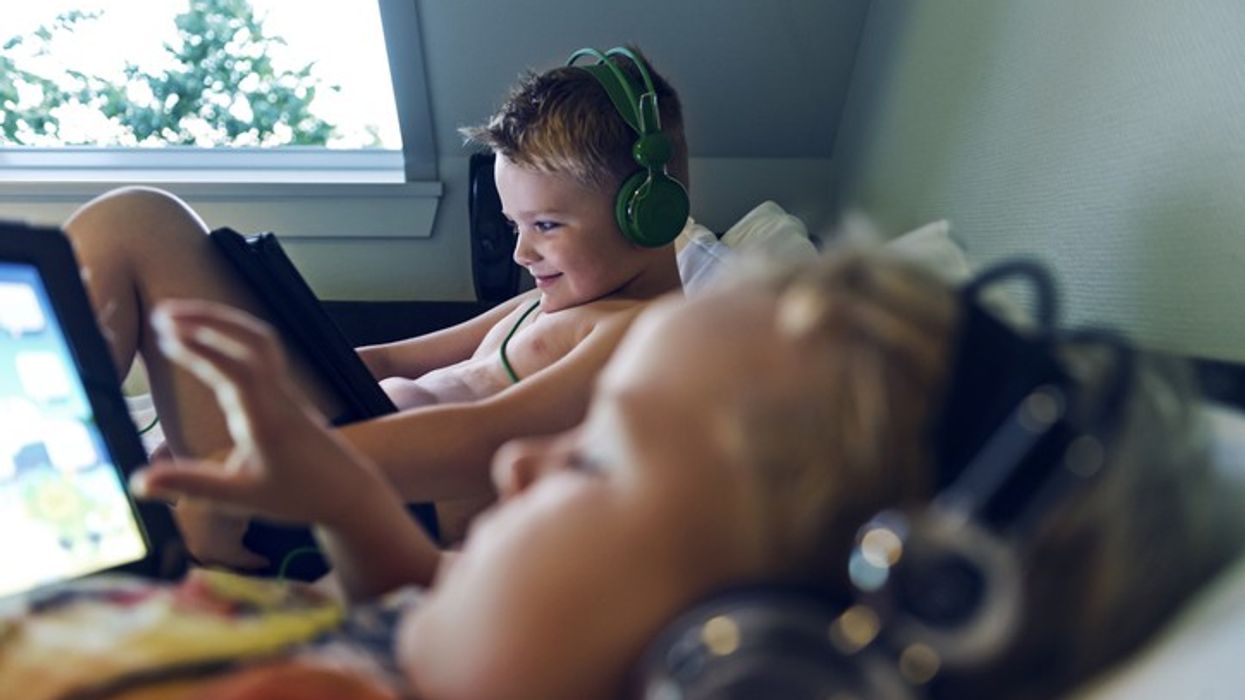GAMING ADDICTION has spiked during lockdown in Britain, claims a media report, with the number of children and young people entering the treatment rising constantly.
The number of people entering treatment at the UK’s first specialist clinic to treat addiction of playing video games between January and May this year has tripled over last year, says a report by The Guardian. The clinic was opened in 2019, a year after the World Health Organization recognised “gaming disorder” as a medical condition.
Another private hospital that specialises in treating mental health disorders, the Nightingale hospital, said that the number of inquiries regarding technology addiction has doubled last year, with the majority of them from parents seeking support for their children. In 2021, the hospital recorded a fourfold increase in inquiries so far, said the report.
Experts feel that the pandemic and lockdowns have played a key role in the increase of technology addiction while in younger children, it presented more in the form of addiction to gaming.
“I think that with the pandemic and its effects on homeschooling, it has definitely given children more exposure to screen time that we’ve ever had before,” Patrick Maxwell, the lead addictions therapist for Nightingale hospital, said, adding that there is also more “provoked anxiety within the parents through the observations of their children” since they were at home during the lockdown.
Dr Henrietta Bowden-Jones, the lead on gaming addictions at the Royal College of Psychiatrists, also claimed that last year brought far more patients into treatment than expected and now there is a need to review how to support both parents and children in such large numbers.
Gaming addiction – also known as gaming disorder, video game addiction (VGA) and computer game addiction – is one of the most recent forms of addiction to have emerged, and significant debate reportedly still exists about the extent to which it should be considered a condition in its own right.
The escalation of gaming caused a shift in the family dynamics, said Bowden-Jones, adding that attempts by parents to block the gaming has caused some children to respond with anger and “at times with physical aggression”.




